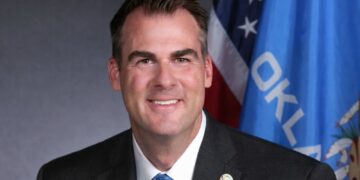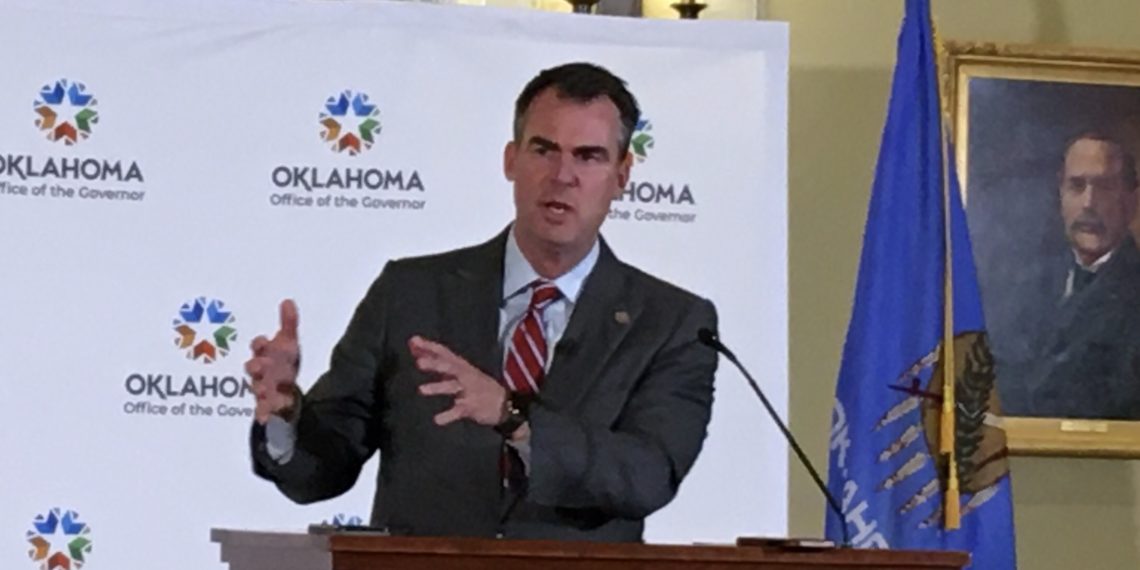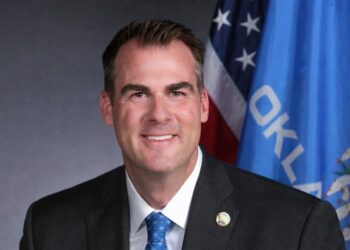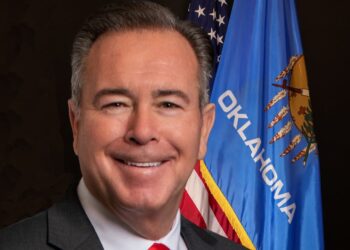OKLAHOMA CITY (OBV) – Gov. Kevin Stitt unveiled an education reform package that he says is a compromise between opposing measures in the Oklahoma Senate and House of Representatives.
“After months of negotiations and meetings with both the House and the Senate, I am proud to present this plan and believe it is the best path forward to get education reform done this year,” Stitt said during a news conference at the Oklahoma State Capitol on Friday. “Oklahomans elected us as leaders to come together and get something done to improve education for every student in the state of Oklahoma and provide parents options. This plan does just that. I am calling on the House and Senate to come together and get this across the finish line. Parents can’t wait another year for real reform. Let’s take another step forward to fund students, not just systems in Oklahoma.”
Stitt’s education reform compromise is called the Oklahoma Education and Parental Choice Plan.
The plan amounts to an $800 million investment in education broken down into the following three primary parts:
- $300 million to the Oklahoma Student Fund;
- $300 million into the funding formula, including the Teacher Pay Raise plan from Sen. Adam Pugh’s education package, and;
- $200 million for the Oklahoma Parental Choice tax credit model for parents to send their child to a private school.
Stitt’s plan makes the Oklahoma Student Fund available to every school district, with each receiving up to $2 million to improve their schools at their discretion.
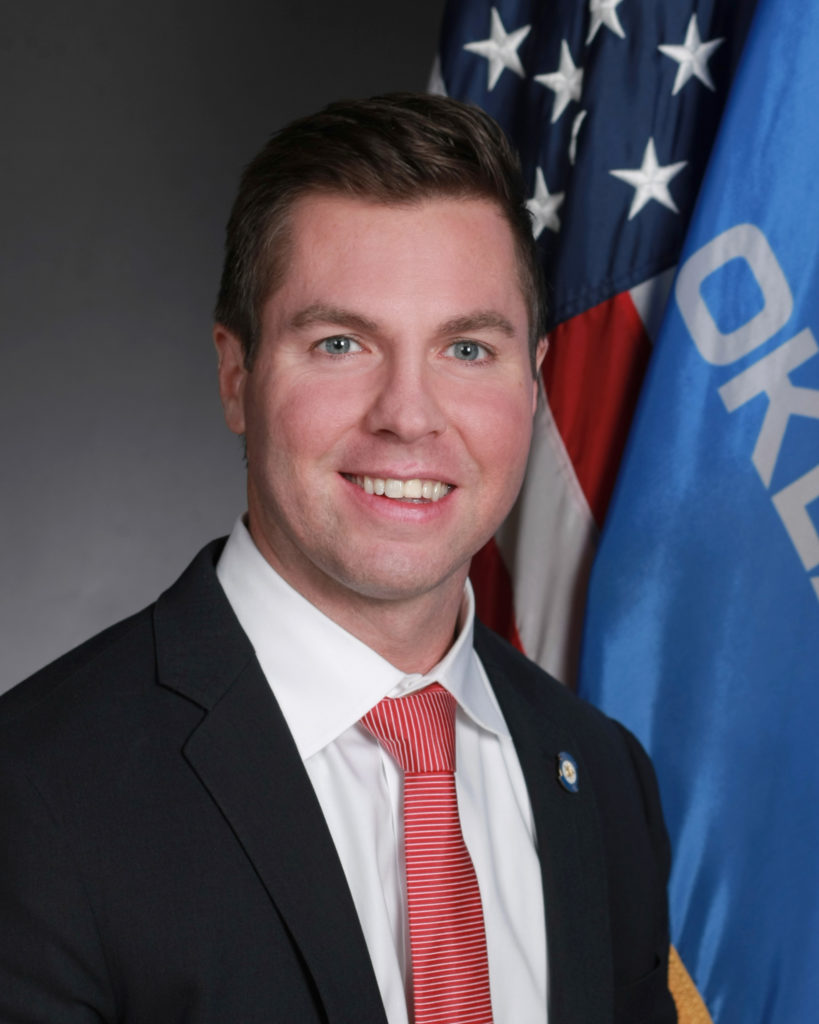
Senate Bill 482, the Senate’s education bill, was written by Pugh, R-Edmond.
Pugh announced his plan to revitalize Oklahoma’s education system in January. Putting $541 million in new dollars into the State Department of Education is a major part of the plan.
The plan includes $241 million for teacher pay raises. Teacher pay, under Pugh’s plan, starts at $40,000. The salary will then expand at “critical inflection points in a teacher’s career where maybe they’re deciding to stay or to go,” Pugh said.
Teachers would receive a $4,000 pay raise five years into their career, a $5,000 pay raise 10 years into their career and $6,000 after 15 years, according to Pugh’s plan.
“I know this plan is bold and aggressive,” Pugh said. “I’m here to do big things and do good things. I don’t take this responsibility lightly.”
Stitt’s plan maintains much of Pugh’s teacher pay initiative by including raises ranging from $2,000 to $5,000.
“The plan also incorporates new, improved weights for individual students to better ensure dollars are on target to provide the best education possible,” officials with Stitt’s office said.
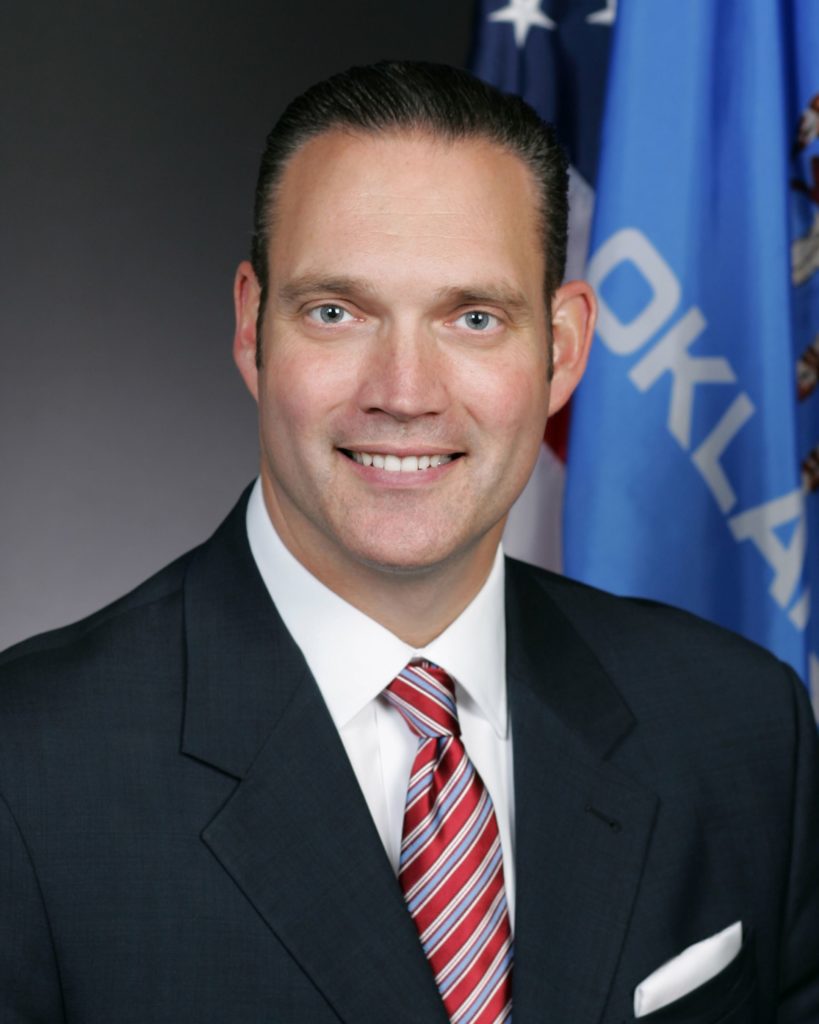
House Speaker Charles McCall, R-Atoka, flanked by numerous fellow state representatives, unveiled a $500 million education package in February that consists of two bills, House Bill 2775 and House Bill 1935.
McCall’s plan includes a $150-million standard school funding formula that school districts can use to increase teacher salaries. He said his plan mandates a $2,500 teacher pay raise, but school districts can choose to give teachers raises higher than $2,500.
The $2,500 raise is not based on Oklahoma’s minimum salary schedule, but instead on what the active classroom teacher is making today, according to McCall.
“If they are being paid above the minimum, the schools will be mandated in this plan to pay the teacher $2,500 additional pay on top of what they’re currently earning,” McCall said.
The House plan also includes the following:
- $50 million dedicated to the poorest schools in the state;
- $300 million for the Oklahoma Student Fund, which provides schools funds based on their average daily student attendance from the previous year, with a $2 million cap per school district, and;
- Oklahoma Parental Choice Tax Credit Act, which provides parents a $5,000 credit per student for each year of private school education costs, or a $2,500-per-home credit for home school costs, with a $200 million one-year total spend cap.
Stitt’s plan maintains the Tax Credit Act, but increases the private school education credit to a $6,000 tax credit per student with a cap of $200 million total spend for year two.
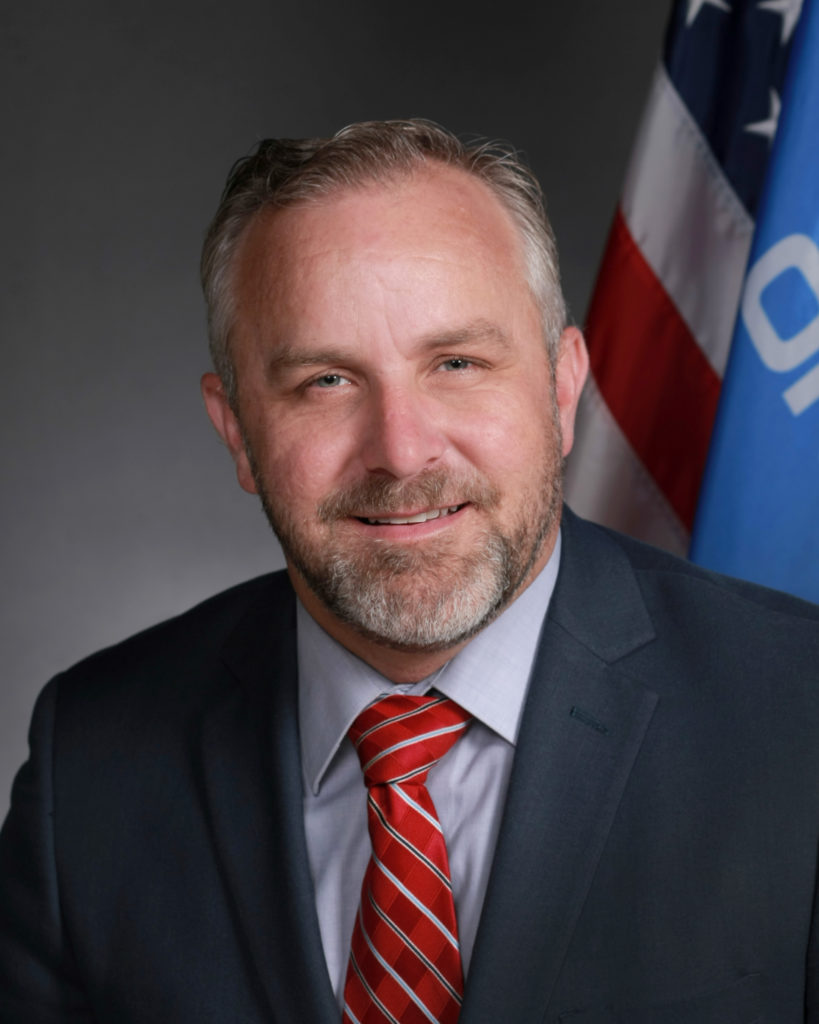
The competing education bills led to rancor among legislative leaders. McCall said the Senate would be sabotaging his education plan if they amended either of the plan’s two bills. Senate Pro Tem Greg Treat, R-Oklahoma City – a strong proponent of Pugh’s education plan – accused McCall of playing political games and said that the Senate’s plan, unlike the House’s plan, would provide pay raises to all teachers, including mental health counselors, reading coaches and specialists. He also said pay raises in the Senate plan are larger than the raises mapped out in the House plan. He accused McCall of “torpedoing meaningful education reform.”
“If Speaker McCall wants to hide behind staff-drafted op-eds and not negotiate in good faith, or even bring up his objections to the Senate’s education plan in meetings we have together, I have no choice but to respond in-kind,” Treat said. “The speaker is operating in a fantasy land. For him to continue to spread misinformation is disingenuous at best. Speaker McCall’s insecurities about the House plan are plain to see. He knows the Senate plan is better, he knew our chamber took a more thoughtful approach and he refuses to operate in transparency. Bullying members of my caucus and my Senate colleagues will not be tolerated.”
McCall praised Stitt’s compromise plan, issuing the following statement:
“The House is in the process of reviewing the Governor’s proposed education plan and will continue discussions both internally and with our colleagues in the Senate.
Upon initial review, the plan looks like a positive step in the right direction for education in Oklahoma.
As negotiations progress over the coming days, the House will continue to focus on passing an education plan that works for every student, every parent, every teacher and every school in the state.
I want to thank Governor Stitt for his work during education negotiations and I look forward to further conversations with both him and Senate Pro Tem Greg Treat as we continue to chart a course for the future of education in Oklahoma.”
Speaker Charles McCall




